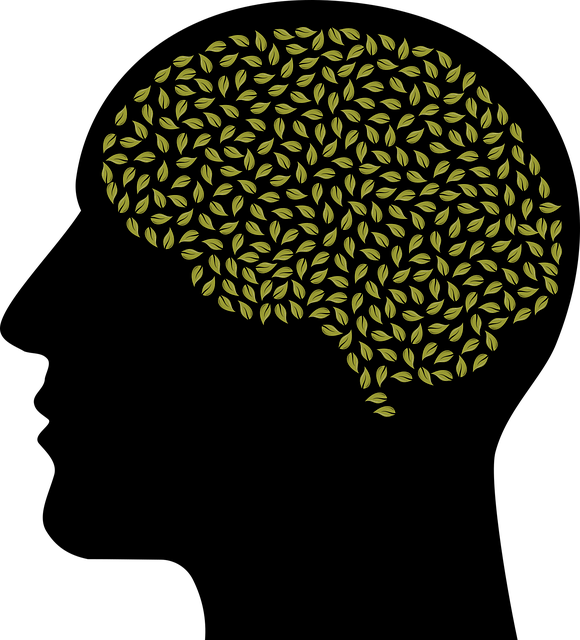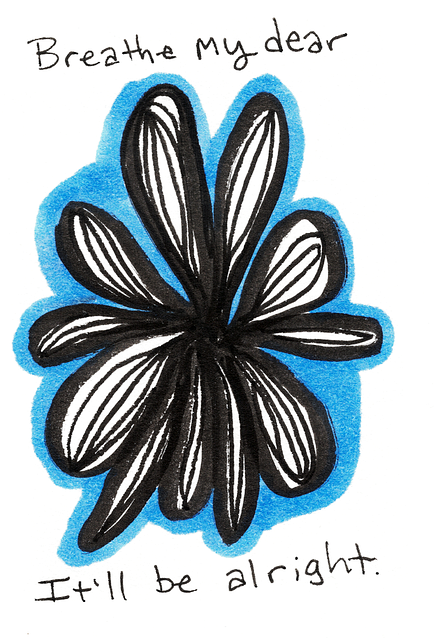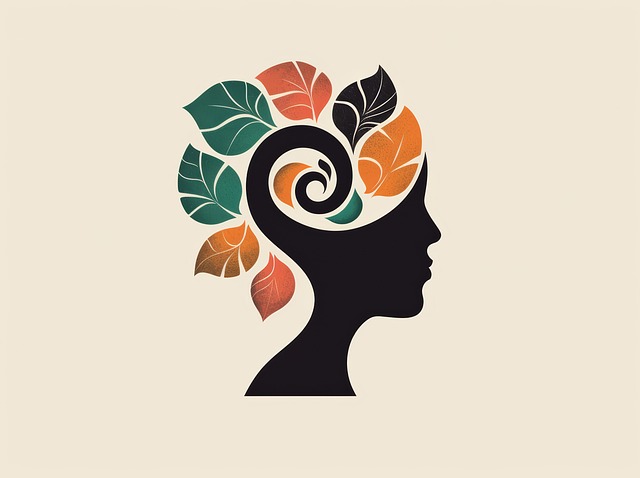Alcohol abuse among young adults is a pressing issue with significant consequences. Specialized therapy for young adults focusing on root causes, emotional well-being, and resilience through techniques like mindfulness meditation offers effective solutions. Early intervention, community outreach, and public awareness campaigns are crucial steps to improve mental health outcomes and enhance quality of life for those affected. Integrating therapy into a holistic self-care plan provides a powerful path to recovery, addressing unique needs with cultural sensitivity and risk management planning.
“Uncovering the path to holistic healing: Exploring self-care practices for young adults recovering from alcohol abuse. In this comprehensive guide, we delve into the transformative power of self-care, offering insights on how young adults can navigate their recovery journey. From understanding the profound impact of alcohol abuse to implementing effective strategies, we provide a roadmap.
Learn about the benefits of therapy tailored for young adults, serving as a cornerstone in building a resilient and balanced life. Get ready to explore techniques that foster growth, well-being, and a brighter future.”
- Understanding the Impact of Alcohol Abuse on Young Adults
- Exploring Self-Care Strategies for Recovery and Growth
- Integrating Therapy into a Holistic Self-Care Plan
Understanding the Impact of Alcohol Abuse on Young Adults

Alcohol abuse among young adults is a growing concern, with significant implications for their overall well-being and future prospects. This issue often stems from various factors such as peer pressure, stress, or emotional difficulties, and can lead to severe consequences if left unaddressed. Young adults who engage in excessive drinking may experience disruptions in their academic or professional lives, strained relationships, and even legal troubles.
The impact extends beyond the individual, affecting families and communities. Many young adults struggling with alcohol abuse may benefit from therapy and specialized support services designed for their age group. Engaging in therapy can help uncover the underlying causes of drinking habits, promote emotional healing processes, and facilitate resilience building. Mindfulness meditation, for instance, has shown promise in reducing stress and anxiety, while also encouraging healthier coping mechanisms. By addressing alcohol abuse head-on, young adults can take a proactive step towards improving their mental health and overall quality of life.
Exploring Self-Care Strategies for Recovery and Growth

For young adults struggling with alcohol abuse, exploring self-care strategies can be transformative in their journey towards recovery and growth. Engaging in activities that nurture both mental and physical well-being is essential for breaking free from addictive patterns. Therapy sessions specifically designed for this demographic offer a safe space to process emotions, learn coping skills, and develop resilience.
Integrating community outreach program implementations and public awareness campaigns can further enhance these efforts. By fostering connections with like-minded individuals and gaining access to support networks, young adults in recovery can build a sense of belonging and purpose. Additionally, the development of coping skills becomes more effective when coupled with increased public awareness about substance abuse issues, thereby encouraging early intervention and preventive measures.
Integrating Therapy into a Holistic Self-Care Plan

Integrating therapy into a holistic self-care plan is a powerful step toward personal growth and well-being, especially for young adults navigating life’s challenges. For those struggling with issues like alcohol abuse, therapy offers a safe space to explore underlying causes and develop coping mechanisms. Many young adults may benefit from specialized therapy services tailored to their unique needs and experiences.
Cultural sensitivity in mental healthcare practice is crucial when addressing these concerns. Therapists should be equipped with risk management planning for mental health professionals, ensuring they can handle various situations with proficiency. Incorporating mindfulness meditation as a therapeutic tool can enhance the process, promoting relaxation, self-awareness, and emotional regulation. By combining professional therapy with holistic practices, individuals can achieve a more balanced and sustainable approach to self-care.
Self-care is not just a trend, but an essential practice for young adults recovering from alcohol abuse. By understanding the impact of addiction and adopting holistic strategies, such as exploring self-care practices and integrating therapy into their routine, individuals can achieve lasting recovery and foster personal growth. Therapy for young adults with alcohol abuse issues plays a pivotal role in navigating this journey, offering tools to manage triggers and build resilience. It’s time to prioritize self-care, embrace change, and create a brighter future free from the shackles of addiction.














